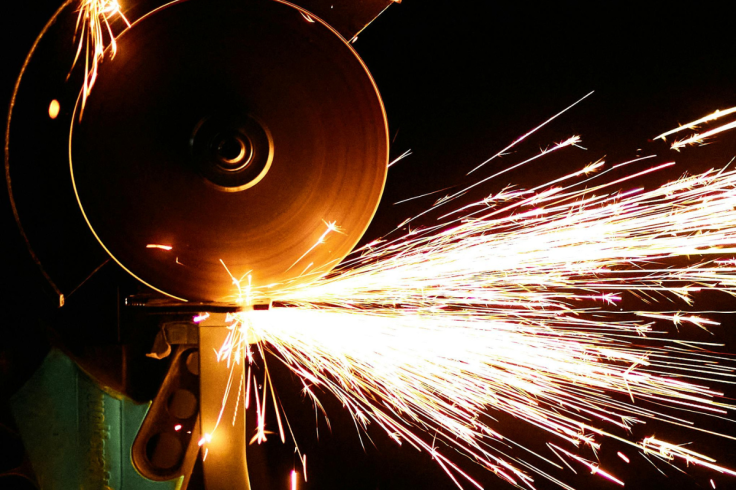Why Is the EU's New Steel Tariff Hike Set to Spark a Major Crisis in UK Industry?
EU tariffs hit UK steel; £3B exports at risk

Britain's steel industry faces its gravest threat since Brexit as the European Union slashes import quotas by 47 per cent to 18.3 million tonnes and slaps 50 per cent tariffs on excess shipments from early 2025.
With the EU absorbing 78 per cent of UK steel exports valued at nearly £3 billion yearly, producers from Scunthorpe to Sheffield brace for shutdowns amid redirected Chinese dumping and rising global protectionism.
As US President Donald Trump's tariff surges inspire this EU clampdown on overcapacity, UK leaders plead for exemptions, spotlighting steel crisis vulnerabilities, trade war impacts, and lingering fallout of Brexit in 2025's volatile trade landscape.
Unpacking the EU's Steel Safeguard Measures
The European Commission revealed its steel safeguard overhaul on 7 October 2025, capping tariff-free imports at 18.3 million tonnes annually—a 47 per cent plunge from 2024. The measures aim to shield the bloc from unfair trade, particularly from China and Turkey, and to stem job losses after 18,000 redundancies last year.
Executive Vice-President Stéphane Séjourné declared, 'We have global overcapacity, unfair competition, state aid, and undercutting in prices and we are reacting to that,' vowing to halt further sector bleed. Member states and Parliament must ratify the plan, echoing US and Canadian barriers that reroute cheap steel.
While automakers warn of rising costs, EU officials argue that the measures prioritise domestic revival.
The Devastating Blow to UK Steel Exporters
Steel industry in UK warns of 'biggest crisis' ever as EU hikes tariffs https://t.co/GBRh40XQXB
— CNBC (@CNBC) October 8, 2025
UK steelmakers, reeling from Liberty Steel's collapse in Rotherham and Stocksbridge last month, confront an existential onslaught as EU quotas render £3 billion exports unviable. With the EU accounting for 78 per cent of UK steel exports, the new quotas leave firms exposed without preferential access post-Brexit.
UK Steel's Gareth Stace urged, 'The government must go all out to leverage our trading relationship with the European Union to secure UK country quotas or potentially face disaster.' Sheffield's Marcegaglia's Liam Bates called it a 'big blow,' questioning why Britain imposes no duties on EU steel.
Redirected imports could overwhelm surviving firms, amplifying the post-Brexit trade slump below 2020 volumes and straining ties with key sectors like automotive and construction. Unions warn of irreversible decline, calling for urgent safeguards to protect jobs and stabilise supply chains.
How £3 Billion Export Losses Threaten Broader Economic Fallout
Beyond mills, the tariffs ripple through supply chains, inflating costs in automotive and construction while jeopardising GDP in northern regions. With £3 billion in exports at stake, the crisis could trigger thousands of job redundancies, straining welfare systems amid fiscal tightening.
During his visit to India in early October, Prime Minister Sir Keir Starmer affirmed 'strong support' for UK steel and disclosed ongoing exemption negotiations with the EU. Trade Commissioner Maroš Šefčovič indicated openness to 'ring-fencing' UK volumes, citing reciprocal tariff-free arrangements.
Industry Minister Chris McDonald stressed, 'It's vital we protect trade flows between the UK and EU,' while exploring US markets as offsets. Unions like Community warn of 'existential threat' closures in Port Talbot if Brussels refuses concessions, linking the crisis to global steel oversupply intensified by Trump-era US tariffs, which redirected Chinese exports and added pressure to European markets.
Without resolution, investor confidence may falter and job losses could escalate, underscoring the UK's vulnerability to trade wars and Brexit's enduring scars.
© Copyright IBTimes 2025. All rights reserved.




















